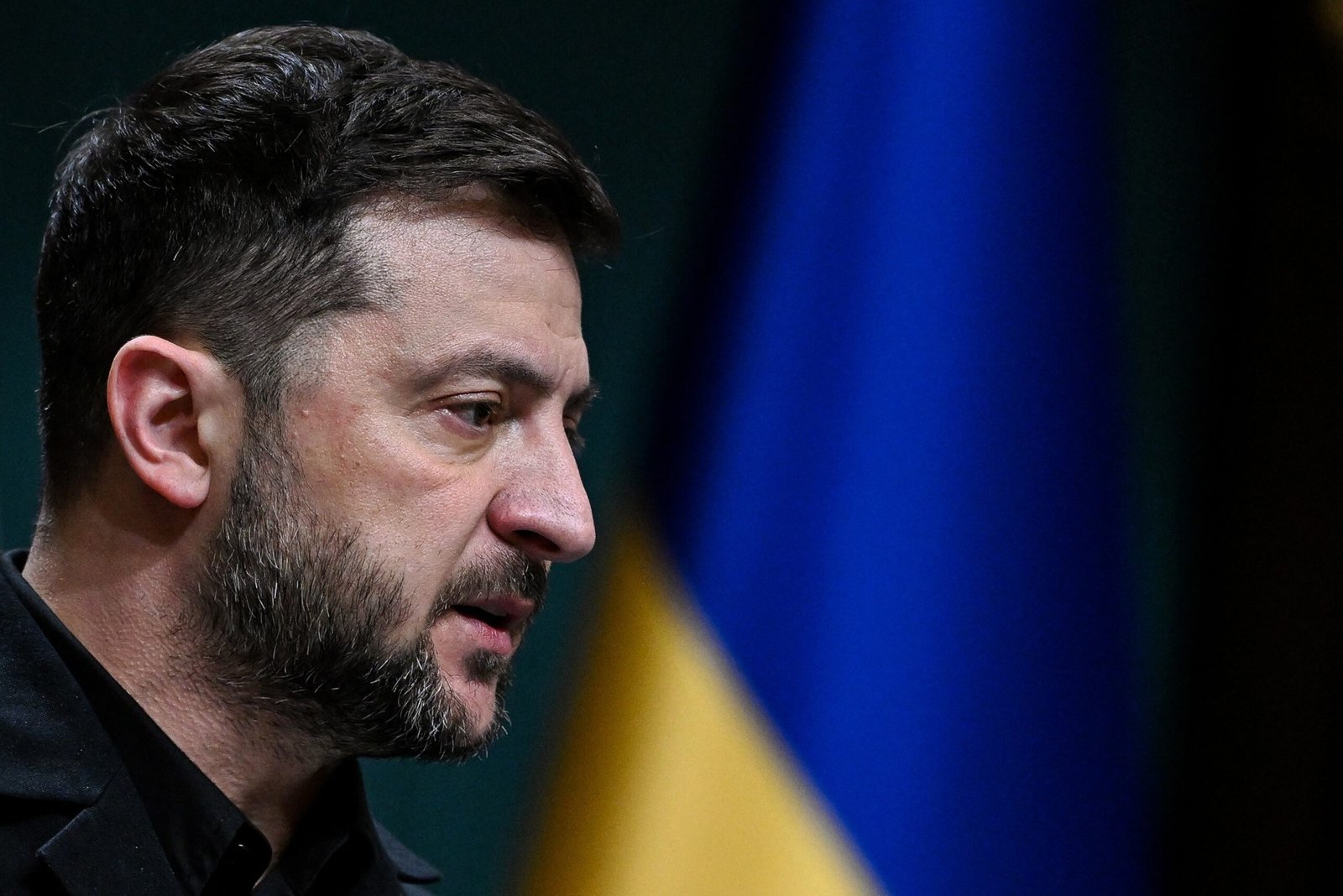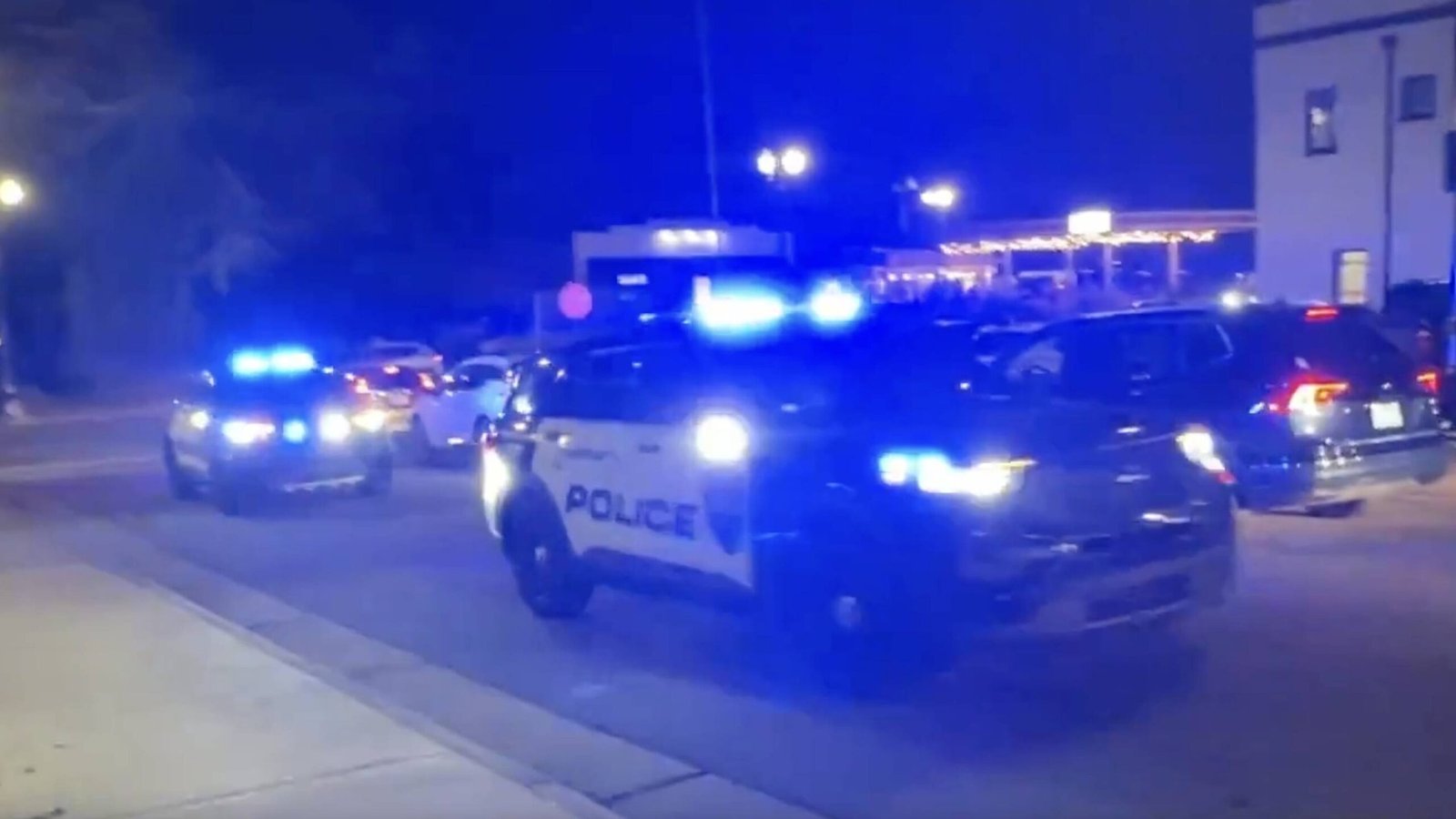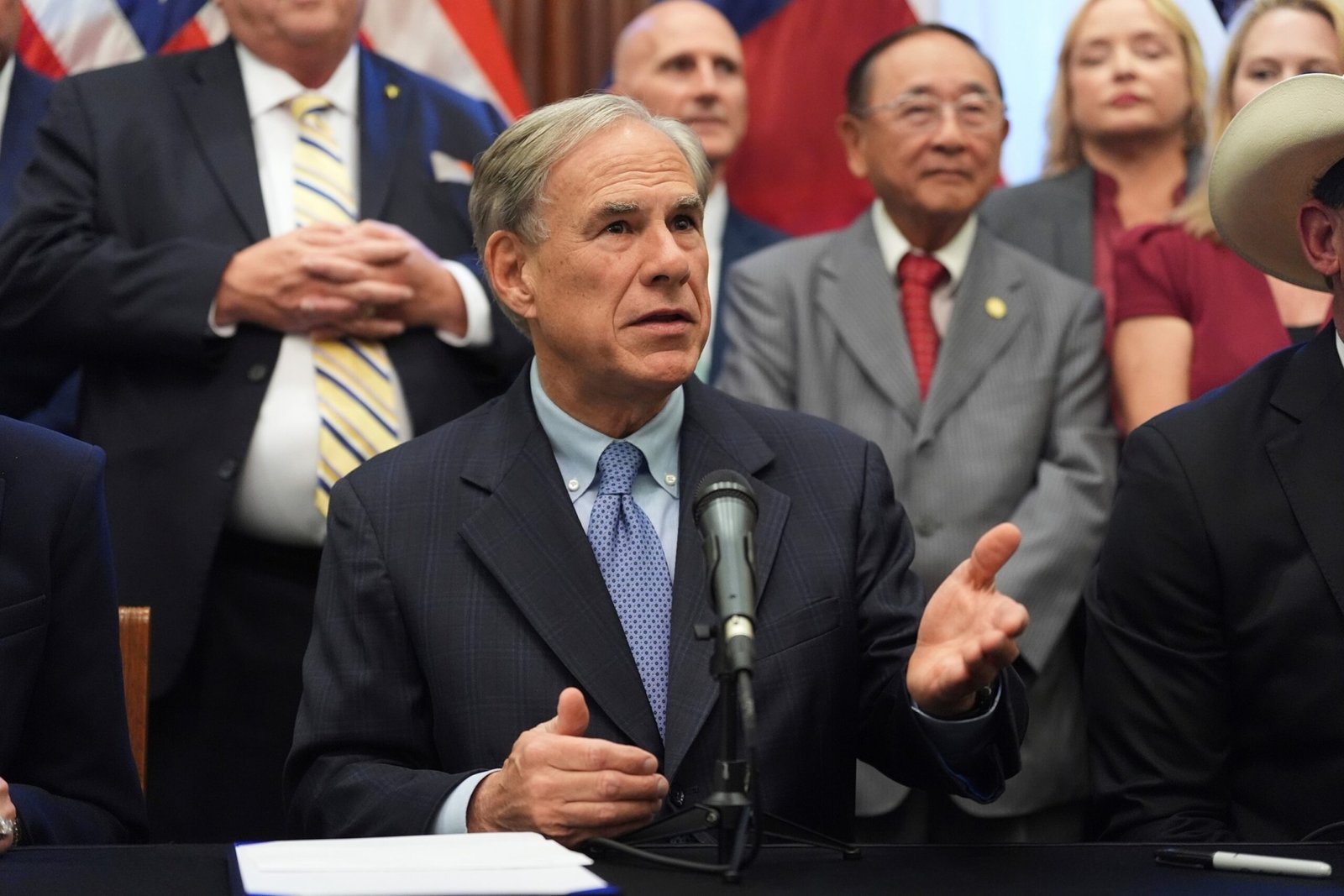President Donald Trump praised the United States Supreme Court in June for a “monumental victory” when he retreated at the national level against his executive order that tried to end birth citizenship.
Three months later, after two federal courts universally blocked the order again for different reasons, Trump is asking the judges a definitive judgment on their reinterpretation of more than a century of established legal precedents.
In presentations, reviewed by ABC News Sunday but not yet in the public file of the Supreme Court, Attorney General John Sauer urges the judges to consider Trump’s appeal and a decision for next summer.
“The Government has a convincing interest in ensuring that US citizenship, the privilege that allows us to choose our political leaders, only granted those who are legally entitled to it,” Sauer wrote in a request for writing of CERIORARI.
“The decisions of the lower court invalidated a primary supply policy for the president and his administration in a way that undermines our border security,” he wrote. “These decisions confer, without legal justification, the privilege of US citizenship in hundreds of thousands of unqualified people.”
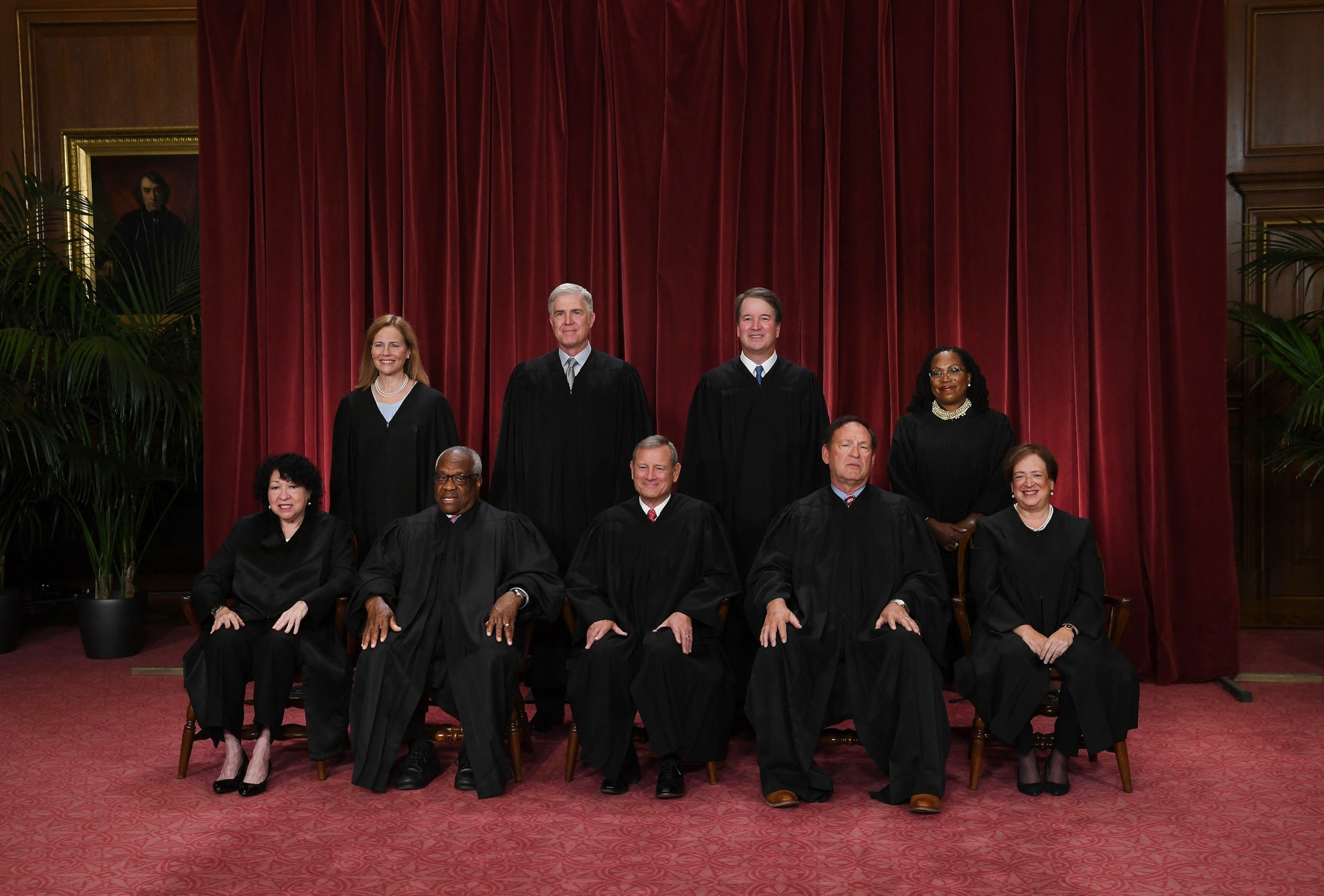
Justices of the Supreme Court posses Associate Justice Elena Kagan, (Standing Behind from Left) Associate Justice Amy Coney Barrett, Associate Justice Neil Gorsuch, Associate Justice Brett Kavanaugh and the associated judge Ketanji Brown Jackson.
Olivier Douliery/AFP through Getty Images
The courts and the government have long interpreted the citizenship clause of the 14th amendment to apply to any person born in the United States, regardless of the migratory state of a child’s parents.
The amendment, ratified after the civil war, affirms that “all persons born or naturalized in the United States, and subject to the jurisdiction of the same, are citizens of the United States and the state in which they reside.”
On his first day in office, Trump signed an executive order that unilaterally declared that only newborns whose parents have a permanent legal status are “subject to the jurisdiction” of the United States and, therefore, are eligible to be citizens.
It is estimated that 255,000 children are born on American land every year to one or more parents without US citizenship or permanent legal status, according to the Penn State Social Sciences Research Institute.
The Administration does not seek to start enforcing the executive order until the Supreme Court decides whether to resume the case and, ultimately, issue a trial, probably a month away.
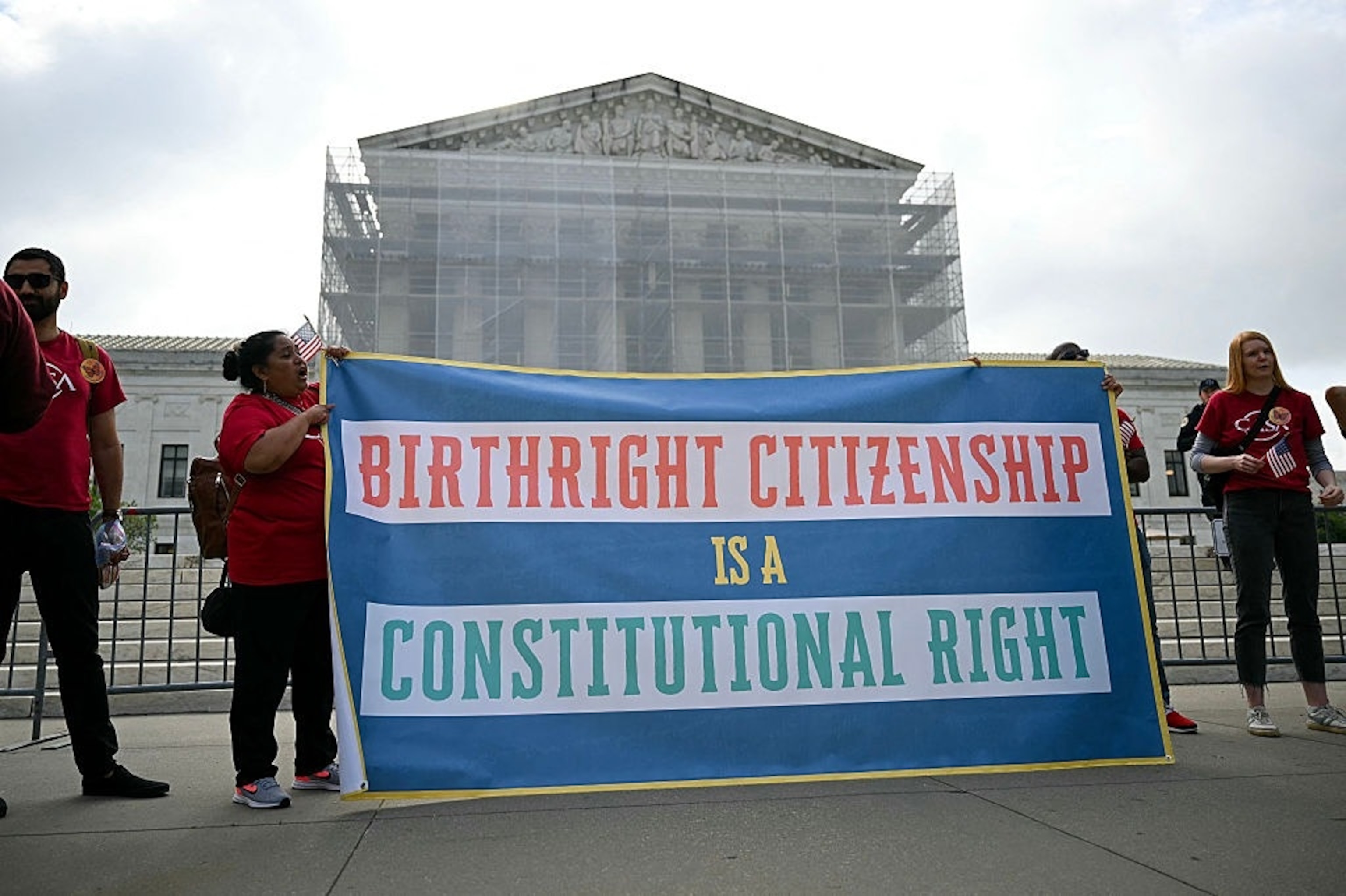
People have a signal while participating in a protest outside the United States Supreme Court on the movement of President Donald Trump to end the citizenship of birth law while the court listens to arguments about the order in Washington, DC, on May 15, 2025. Trump issued an executive order on his first day in office in search of birth citizenship for children whose parents are illegally Temporary, but it has been a block in the multiple position. He appealed the case to the Supreme Court on March 13.
DREW ANGERER/AFP through Getty Images
“This executive order is illegal, a complete stop, and no amount of administration maneuvers will change that,” said Cody Wofsy, deputy director of the ACLU immigrant rights project, in a statement. “We will continue to make sure that the citizenship of a single baby is stripped in this order cruel and meaningless.”
A federal judge in New Hampshire in July ruled that Trump’s order seems to clearly violate the Constitution and blocked the application of the same in a demand for collective action that covers all the children who would be affected.
A separate ruling from a federal appeal court, also in July, blocked the application of the order throughout the country, saying that a group of state plaintiffs could only protect themselves from citizenship restrictions if they were universally aware.
The administration told the Supreme Court that it seeks to appeal both cases.
The plaintiffs in each case, the attorney general of the state of ACLU and Washington, provided ABC News copies of the government’s presentations.
In 1898, the Supreme Court previously addressed the issue of citizenship for children born to non -citizens on US land, ruling in the historical case of the United States v Wong Kim Ark that they are Americans under the law.
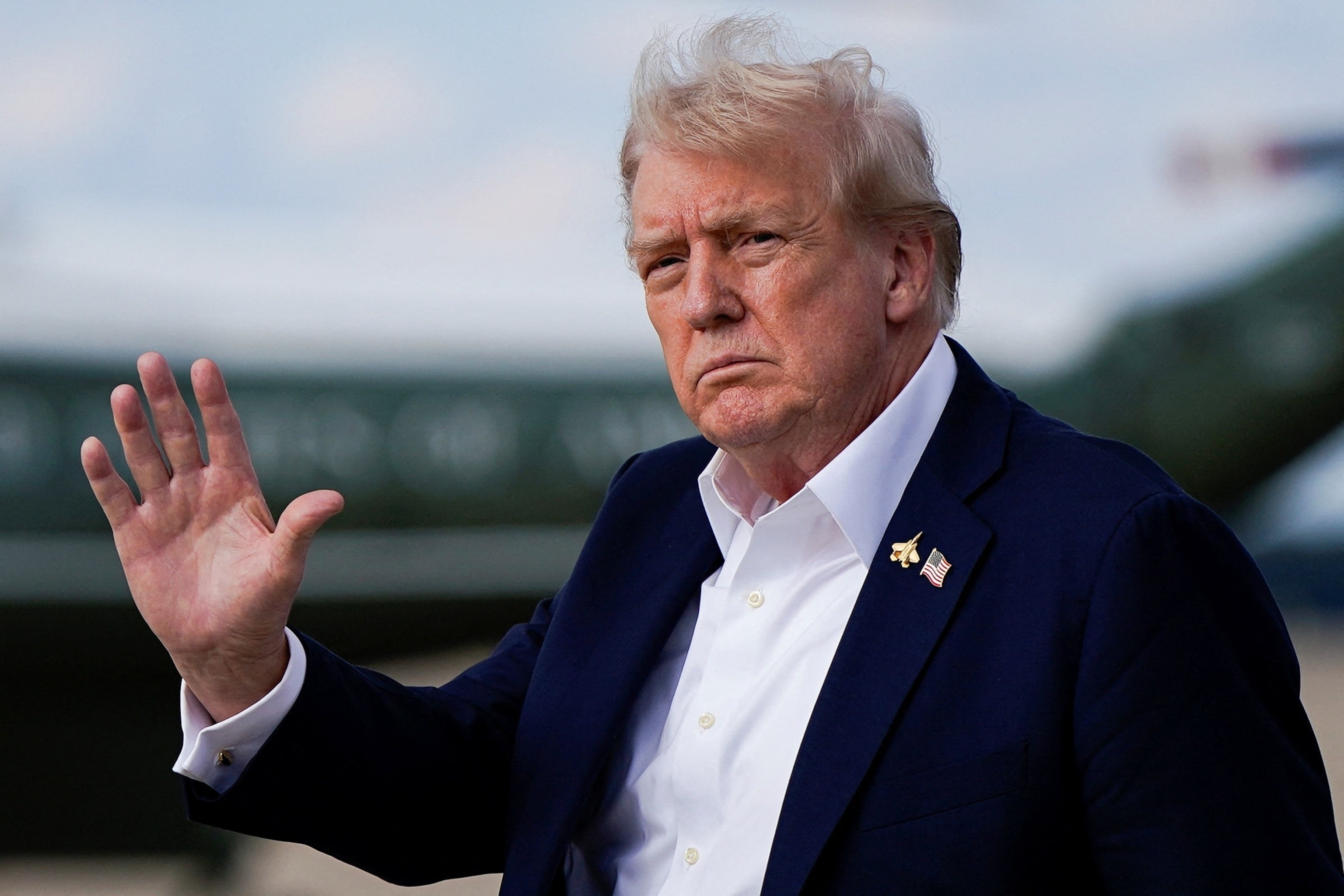
President Donald Trump gestures, when he reaches the joint base of Andrews, Maryland, on September 26, 2025.
Elizabeth Frantz/Reuters
“He [14th] The amendment, in clear words and in the manifest intention, includes children born, within the territory of the United States, of all other people, of any race or color, domiciled within the United States, “Judge Horace Gray wrote for the majority 6-2.” Each citizen or subject of another country, while domiciled here, is within the accusation and protection and, consequently, subject to jurisdiction, of the United States. “
The Trump administration tries to argue that there is a margin of maneuver in that precedent of excluding children from citizens born from temporary and illegal foreign visitors.
“The interest of dependence on all the persons who are already here in the United States to whom the citizenship of birth law is an appreciated right, and for the nation prospectively, this would be an earthquake if the Supreme Court would govern in favor of Trump,” said Hofstra’s right professor, constitutional scholar and legal collaborator of ABC James.
“I don’t see that happens,” the exhibition said. “However, at the political level, Trump probably sees this as a favorable terrain in the sense that even if he loses the law, even if he loses in the Supreme Court, many of his political allies would see this as the type of political struggle of red meat they enjoy, and would love to run against a loss.”


